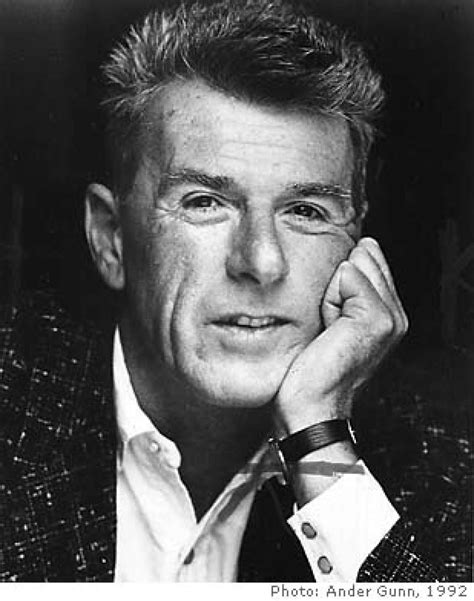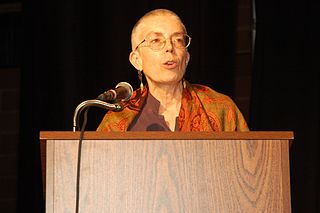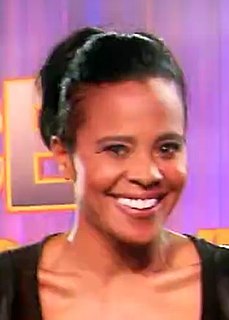A Quote by Thom Gunn
My old teacher's definition of poetry is an attempt to understand.
Quote Topics
Related Quotes
I love that "furious and gorgeous barrage." That helps me see the relation between the introduction and the book's final section, where writing about a fire (and about the attempt to understand the event), also becomes an attempt to understand how writing might get closer to the fire, in so many ways.
I do not see how a man can work on the frontiers of physics and write poetry at the same time. They are in opposition. In science you want to say something that nobody knew before, in words which everyone can understand. In poetry you are bound to say ... something that everyone knows already in words that nobody can understand.
Commenting to him about the poetry J. Robert Oppenheimer wrote.







































